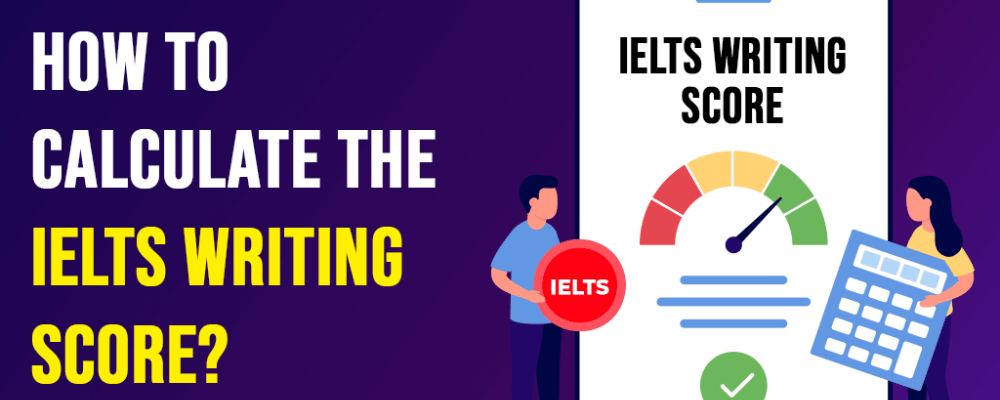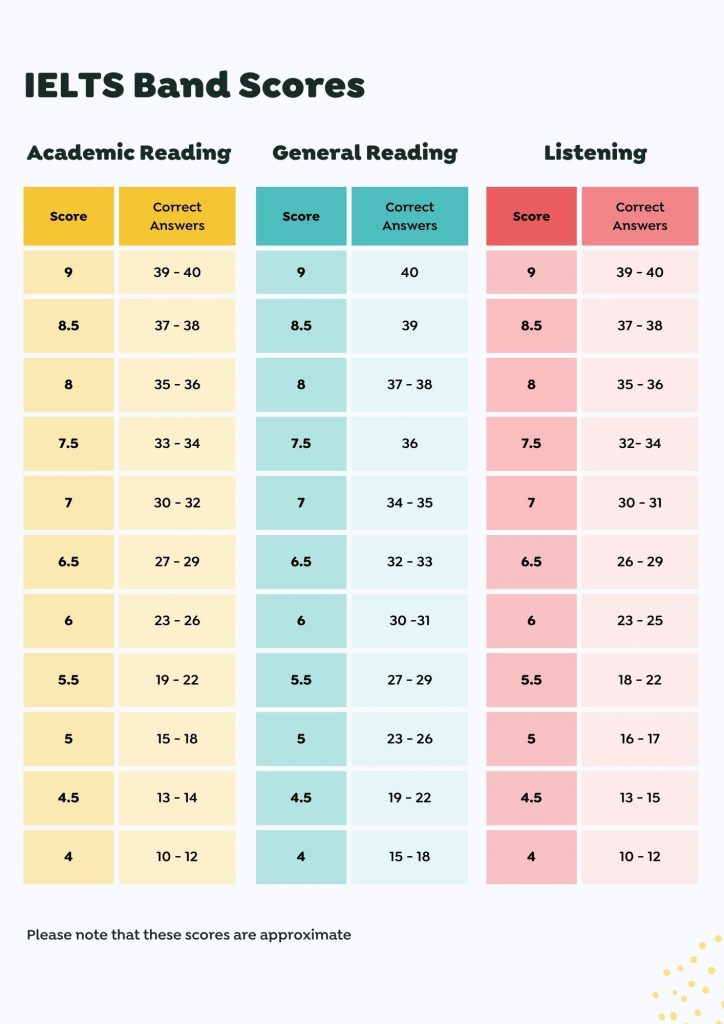What is IELTS?

IELTS stands for the International English Language Testing System. It is one of the most widely recognized English language proficiency tests in the world, designed to assess the language ability of candidates who need to study or work where English is used as the language of communication. The test measures proficiency in four key language skills:
Listening Module: Decoding Spoken English
Dive into the intricacies of spoken English as you navigate the IELTS Listening Module. This segment challenges you to decode a variety of audio recordings, assessing your ability to discern main ideas, details, and nuances within different contexts. Immerse yourself in this module to showcase your adeptness in comprehending spoken language, a vital skill in academic and real-world scenarios.
Reading Module: Unraveling Diverse Texts
Embark on a literary journey with the IELTS Reading Module, where you’ll unravel an array of diverse texts. From articles and advertisements to academic papers, this module evaluates your ability to comprehend, interpret, and extract essential information from written materials. Sharpen your reading skills and demonstrate your proficiency in handling various types of texts.
Writing Module: Expressing Ideas Coherently
Within the IELTS Writing Module, you are tasked with expressing ideas coherently through two distinct challenges. Task 1 calls for the description of visual information, while Task 2 requires crafting a well-structured essay on a given topic. Showcase your ability to organize thoughts, employ effective vocabulary and grammar, and present compelling arguments in this expressive segment.
Speaking Module: Verbal Communication Mastery
Unleash your verbal prowess in the IELTS Speaking Module, a comprehensive assessment divided into three parts. From an introduction and interview to a short speech based on a cue card and a discussion, this module evaluates your fluency, coherence, lexical range, grammatical accuracy, and pronunciation. Immerse yourself in this segment to demonstrate mastery in verbal communication.
IELTS scores are reported on a scale from 1 to 9 for each skill, with an overall band score calculated as the average of the four individual scores. Many universities, colleges, employers, immigration authorities, and professional organizations around the world require IELTS scores as proof of English language proficiency for admission, employment, or immigration purposes.
How are IELTS marks calculated?

IELTS scores are calculated based on a band scale ranging from 0 to 9 for each of the four skills: Listening, Reading, Writing, and Speaking. Here’s how the scoring system works:
- Listening and Reading: Each correct answer in the Listening and Reading sections earns one point. The total number of correct answers is converted to a band score ranging from 0 to 9 using a conversion table provided by the test makers. There is no penalty for incorrect answers.
- Writing and Speaking: Trained examiners assess the Writing and Speaking sections based on specific criteria outlined in the IELTS band descriptors. These criteria include task achievement/response, coherence and cohesion, lexical resource, grammatical range and accuracy (for Writing), fluency and coherence, lexical resource, grammatical range and accuracy, and pronunciation (for Speaking). Examiners assign scores from 0 to 9 for each criterion, and these scores are averaged to determine the overall band score for Writing and Speaking.
- Overall Band Score: Once individual scores for each skill are determined, an average is calculated to obtain the overall band score. For example, if a candidate scores 7 in Listening, 8 in Reading, 7 in Writing, and 7 in Speaking, the overall band score would be (7 + 8 + 7 + 7) / 4 = 7.25. Band scores are reported in half-band increments (e.g., 7.0, 7.5, 8.0).
- Overall Band Score Interpretation: The overall band score represents the candidate’s overall English language proficiency level. Each band score corresponds to a specific level of proficiency, ranging from non-user (band score 1) to expert (band score 9). For example, a band score of 6.5 indicates a competent user of English, while a band score of 9 reflects an expert user with full command of the language.
It’s important to note that IELTS scores are valid for two years from the test date. Candidates can choose to send their scores to institutions or organizations of their choice, and official Test Report Forms (TRFs) are sent directly to recipients by the test center.
IELTS Score Bands:
IELTS furnishes scores on a scale of 0 to 9, known as “bands,” evaluating four language skills:
- Listening
- Reading
- Writing
- Speaking
Scores for each skill are independent, and the overall band score is the average of these four scores. The bands denote various proficiency levels:
Specific score prerequisites can fluctuate based on the institution, program, or visa category. It is imperative for test-takers to verify the score requirements of their intended institutions or organizations, as these requirements may differ. Furthermore, IELTS offers both Academic and General Training versions, with the version chosen depending on the test’s purpose (academic study or migration/work).
Which countries do accept IELTS?

IELTS scores are accepted by thousands of organizations in over 140 countries worldwide. Some of the countries that accept IELTS scores for various purposes include:
- United States: Many universities and colleges in the United States accept IELTS scores for admission purposes, particularly for international students whose first language is not English.
- United Kingdom: IELTS scores are widely accepted by universities, colleges, and professional organizations in the UK for academic admission, immigration, and professional registration purposes.
- Canada: Canadian universities, colleges, and immigration authorities accept IELTS scores for academic admission, visa applications, and immigration purposes, including Express Entry and provincial nominee programs.
- Australia: IELTS scores are accepted by Australian universities, colleges, and immigration authorities for academic admission, student visa applications, and skilled migration programs.
- New Zealand: Universities, colleges, and immigration authorities in New Zealand accept IELTS scores for academic admission, student visa applications, and skilled migration programs.
- European Union: Many countries in the European Union accept IELTS scores for academic admission, visa applications, and professional registration purposes. This includes countries like Germany, France, the Netherlands, Sweden, and more.
- India: IELTS scores are accepted by universities, colleges, and employers in India for academic admission, employment, and immigration purposes.
- Singapore: IELTS scores are accepted by educational institutions and immigration authorities in Singapore for academic admission, student visa applications, and immigration purposes.
- United Arab Emirates (UAE): IELTS scores are accepted by universities, colleges, and employers in the UAE for academic admission, employment, and immigration purposes.
- Saudi Arabia: Many universities, colleges, and employers in Saudi Arabia accept IELTS scores for academic admission, employment, and immigration purposes.
These are just a few examples of countries where IELTS scores are accepted. In general, IELTS is recognized and accepted by a wide range of organizations and institutions worldwide for various purposes related to study, work, and migration.

